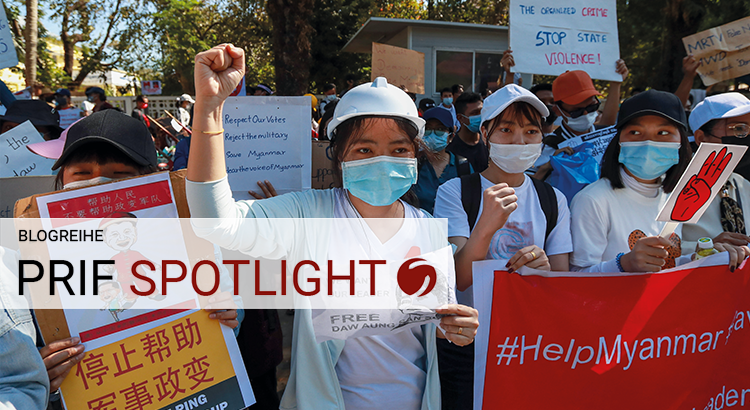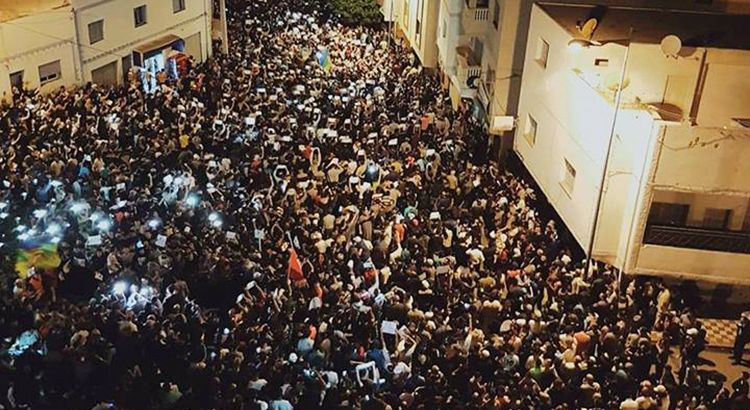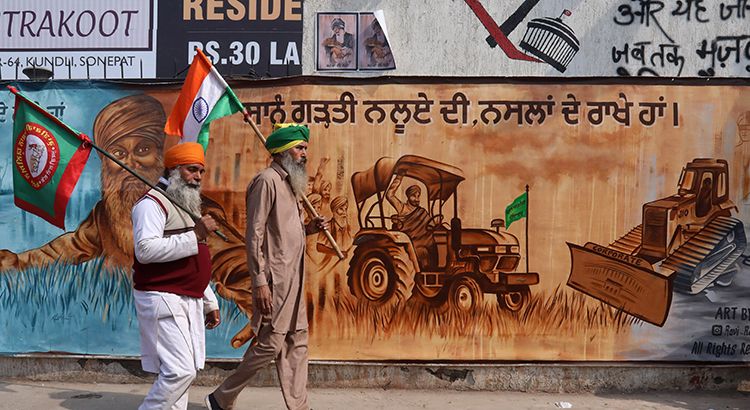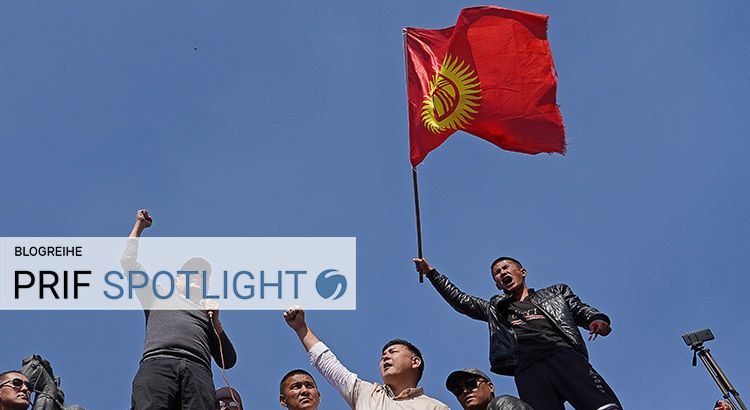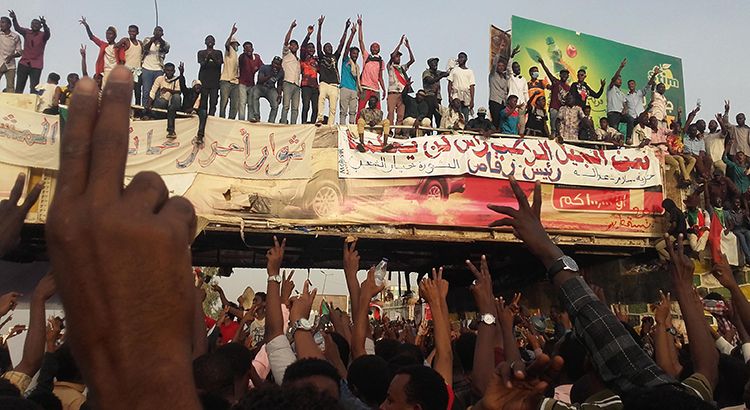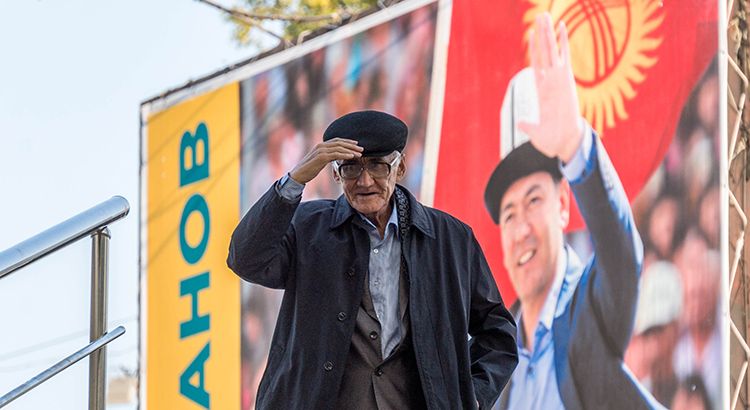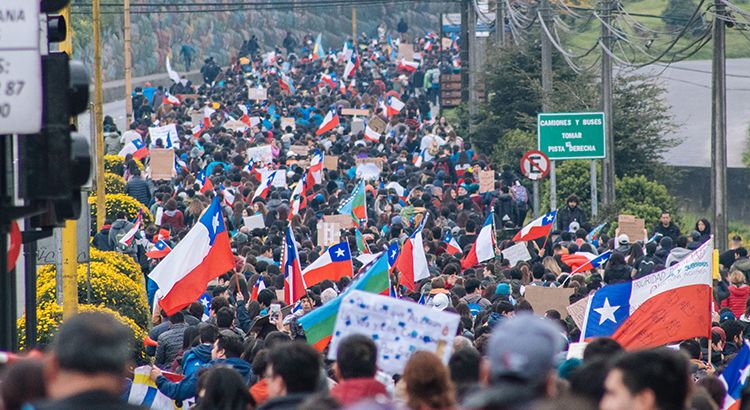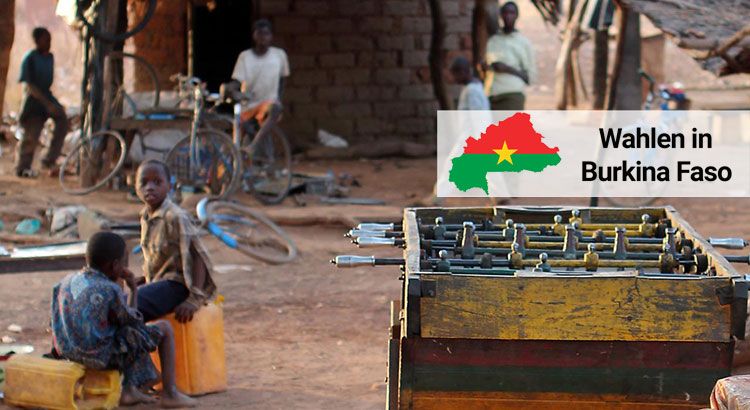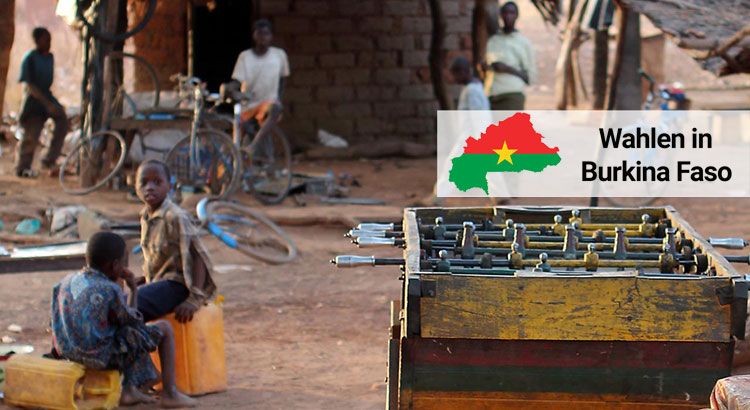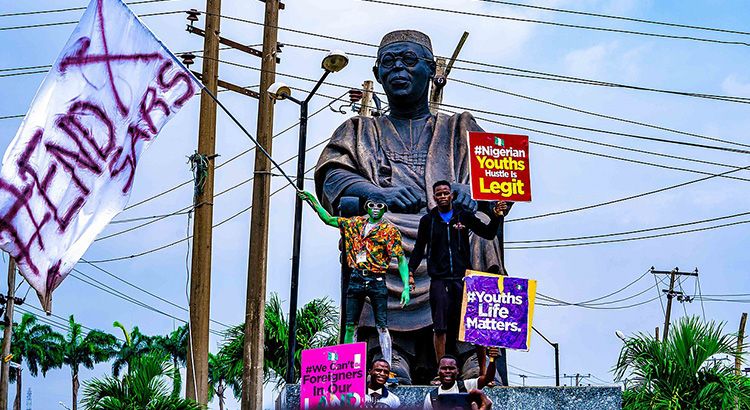Schlagwort: Protest
The recent military coup in Myanmar reversed a decade-long experiment towards incremental...
Ten Years After the Arab Spring: How Stable is Morocco Really?
Ten years after the onset of the February 20 Movement, its variant of the “Arab Spring”, Morocco...
Bäuer*innenproteste in Indien und anderswo: Der Aufstand des Landes
Indien erlebt derzeit die größten Proteste seiner Geschichte: Millionen Bäuer*innen sind mit...
At a Crossroads. Kyrgyzstan after the recent elections
Following its parliamentary elections in October 2020, Kyrgyzstan found itself facing...
Nichts ist vorbei! Zehn Jahre Arabische Aufstände
Vor zehn Jahren brachten Massenproteste den tunesischen Diktator Ben Ali zu Fall. Weitere...
Kyrgyzstan Before the Presidential Elections
Kyrgyz citizens will vote for a new president on 10 January 2021. Protests have caused the...
One Year Later: The Legacy of Latin America’s 2019 Mass Protests
Between October and December 2019, mass protests swept Bolivia, Chile, Colombia and Ecuador. A...
„Es gibt wirklich keine Hoffnung oder Erwartungen der Jugend an diese Wahlen.“
Im zweiten Interview der Blogreihe zu den Wahlen in Burkina Faso haben Simone Schnabel und...
„There is Really No Hope or Expectations of the Youth for these Elections.“
In the second interview of the PRIF blog series on the elections in Burkina Faso, Simone Schnabel...
#EndSars: How Social Media Challenges Governance – the Case of Nigeria
Reading #EndSars in 2020, one might assume the hashtag is trending to inform about the dreaded...
